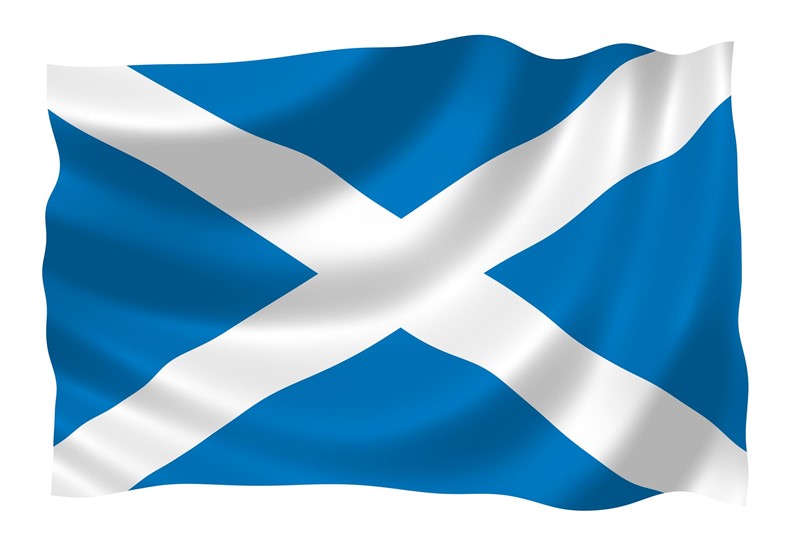The Scottish rate of income tax (SRIT) is payable on the non-savings and non-dividend income of those defined as Scottish taxpayers.
The definition of a Scottish taxpayer is based on whether the taxpayer has a 'close connection' with Scotland or elsewhere in the UK. The liability to SRIT is not based on nationalist identity, location of work or the source of a person’s income e.g., receiving a salary from a Scottish business.
HMRC’s guidance states that for the vast majority of individuals, the question of whether or not they are a Scottish taxpayer will be a simple one – they will either live in Scotland and thus be a Scottish taxpayer or live elsewhere in the UK and not be a Scottish taxpayer.
If a taxpayer moves to or from Scotland from elsewhere in the UK, then their tax liability for the tax year in question will be based on where they spent the most time in the relevant tax year. Scottish taxpayer status applies for a whole tax year. It is not possible to be a Scottish taxpayer for part of a tax year.
Residents may also need to pay Scottish Income Tax if they live in a home in Scotland and also have a home elsewhere in the UK. In this case, residents will need to identify which is their main home based on published guidance and the facts on the ground. Taxpayers may also be liable to SRIT if they do not have a home and stay in Scotland regularly, for example stay offshore or in hotels.





